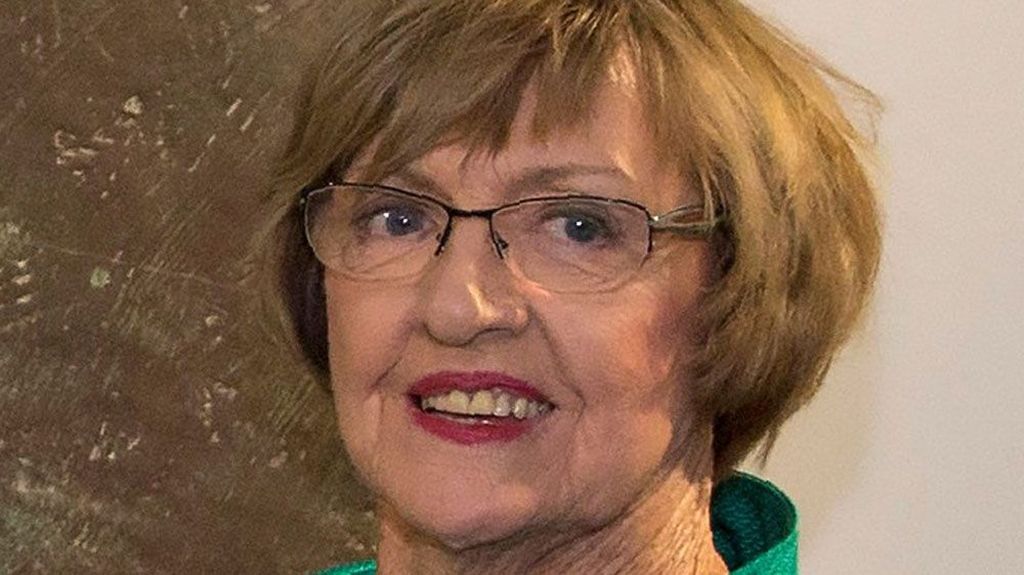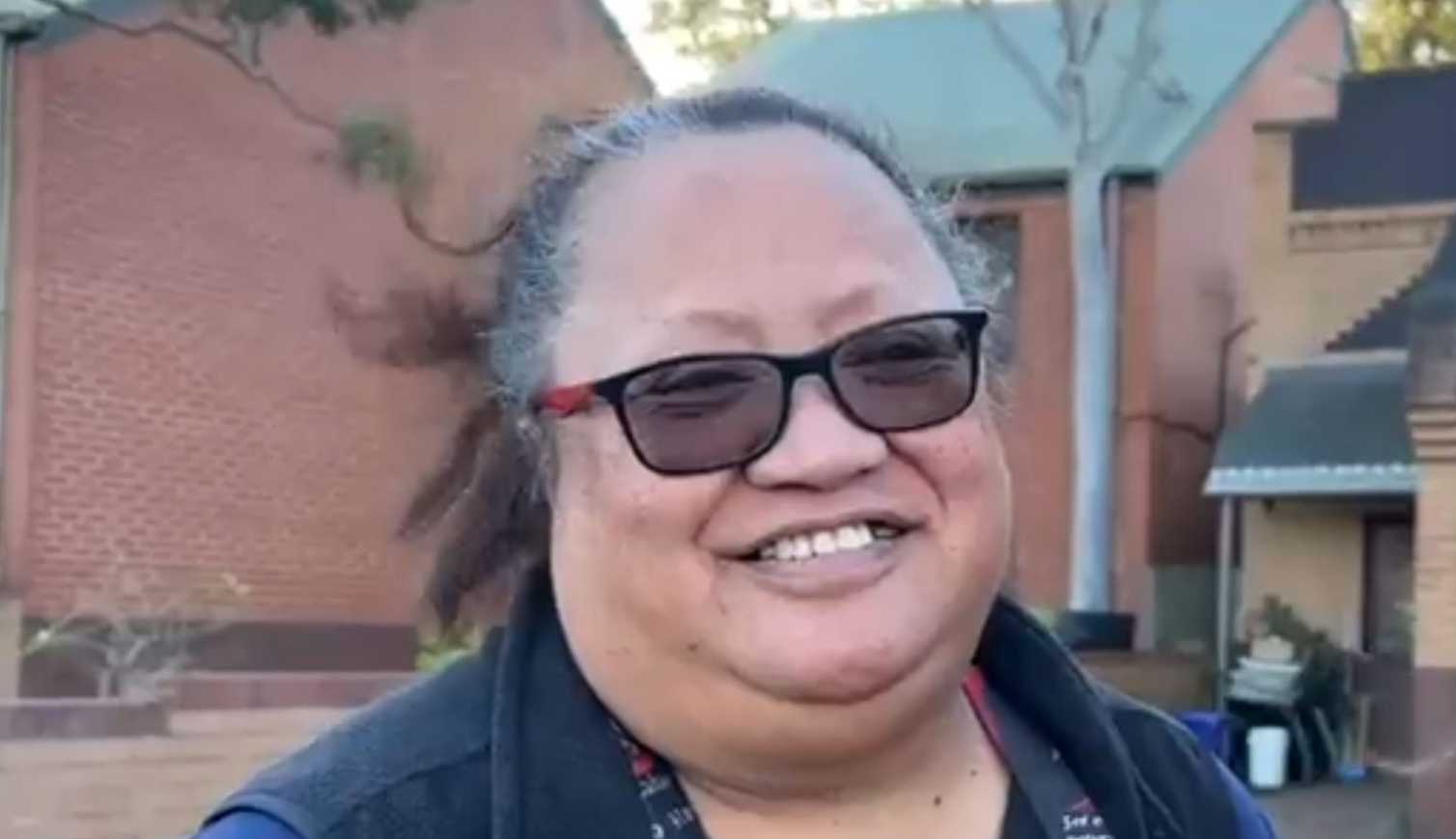
Assange extradition ruling a double edged sword

By ALLISON HORE
On Monday a UK judge ruled that Wikileaks founder, Julian Assange, cannot be extradited to the United States after accepting medical evidence he would be at risk in US custody.
Assange has been in prison in the UK since 2019 after hiding out in the Ecuadorian Embassy for seven years to avoid extradition. In the USA he faces 14 espionage charges, which could result in 175 years in jail if he was found guilty.
Despite the ruling against extradition, Mr. Assange will not yet walk free. The USA will appeal the judge’s ruling and will remain in prison in the UK through the process.
Mr. Assange’s barrister Ed Fitzgerald said his client had been offered a London home by a supporter, where he would be able to stay with his partner and two children while the US lodged their appeal. But district judge Vanessa Baraitser said if bail was granted Mr. Assange posed a risk of absconding before the appeals process was completed.
“As a matter of fairness, the US must be allowed to challenge my decision,” the judge said, adding Assange had “already demonstrated a willingness to flout” bail conditions set by the court.
In December, Julian Assange’s father John Shipton told City Hub the emotional toll of imprisonment and exile on Assange has been “terrible” and said it “just doesn’t stop”.
“Julian is in a cell for the next 23 hours, he only gets an hour out and then he’s back in the cell, so we don’t have any toll on us. But Julian carries, for all of us, the toll.”
Media freedom overlooked
For Assange’s supporters back home in Australia the extradition decision was a double edged sword.
In a public state MEAA Media Federal President, Marcus Strom, said the ruling against extradition was a “relief” for Assange’s family and supporters. However, Mr. Strom said the union was “dismayed” press freedom was not a factor in the judge’s decision making and that journalists everywhere should be concerned.
“…The judge showed no concern for press freedom in any of her comments today, and effectively accepted the US arguments that journalists can be prosecuted for exposing war crimes and other government secrets, and for protecting their sources,” he said.
“The stories for which he was being prosecuted were published by WikiLeaks a decade ago and revealed war crimes and other shameful actions by the United States government. They were clearly in the public interest.”
In 2010, Assange’s website, Wikileaks, published almost 400,000 United States Army field reports from the Iraq war between 2004 and 2009. The files recorded more than 60,000 civilian deaths, including the deaths of two Reuters journalists who were listed as “enemy killed in action”.
Should the appeal go his way, Mr. Assange will be free to return home to Australia, said Prime Minister Scott Morrison speaking to Melbourne’s 3AW radio station on Tuesday.









